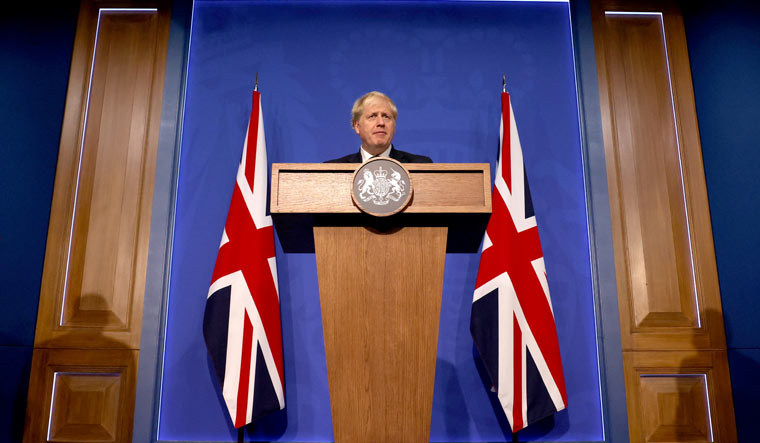UK inflation jumped to 3.2 per cent in August from 2 per cent in July. This is the biggest ever month on month increase since 1997. According to the Office for National Statistics (ONS), the inflation rate has been largely driven by higher food costs.
The ONS has also said that the hike could be temporary and could be a result of artificially inflated restaurant and café prices last month compared to the same period last year. However, it was also the time when the industry offered discounts via the Government’s Eat Out to Help Out scheme.
Sales tax reductions in the hospitality sector are also partially responsible for the spike in prices. Though the increase was more pronounced in some products.
The cost of bread, cereals and meat increased 0.7 per cent over the month, while sugar, jams, chocolate and confectionary saw the biggest rise of 2.2 per cent.
Fish prices jumped 2 per cent compared with July, while the cost of milk, cheese and eggs rose 1.8 per cent.
The ONS, while pointing out price increases, cited “anecdotal reports that shortages of supply chain staff and increased shipping costs, coupled with demand increases following the lifting of national lockdowns” which helped push up inflation.
Some products, such as fruit and oils, saw prices decrease slightly.
Berenberg senior economist Kallum Pickering told CNN, "Heading into an uncertain winter amid rising Covid-19 infections and worsening supply issues, the [Bank of England] may need to signal a faster pace of policy normalization to come without spooking likely already nervous markets."
The average price of petrol was at 134.6 pence per litre in August 2021, compared with 113.1 pence per litre a year ago. ONS also indicated that the price rise might be temporary. Prices of non-alcoholic drinks rose by 1. per cent in the month of August.
Transport, furniture and restaurant prices all rose more than 1 per cent in August compared with July.
But Yael Selfin, chief economist at KPMG UK, said the rise was a sign of things to come in the UK.
Bridget Phillipson, the shadow chief secretary to the Treasury, told the Guardian that families would be hit hard by the government’s plan to cut universal credit and raise national insurance.




